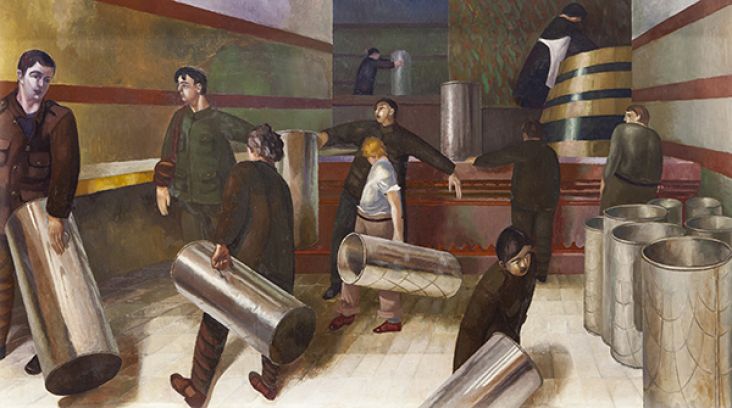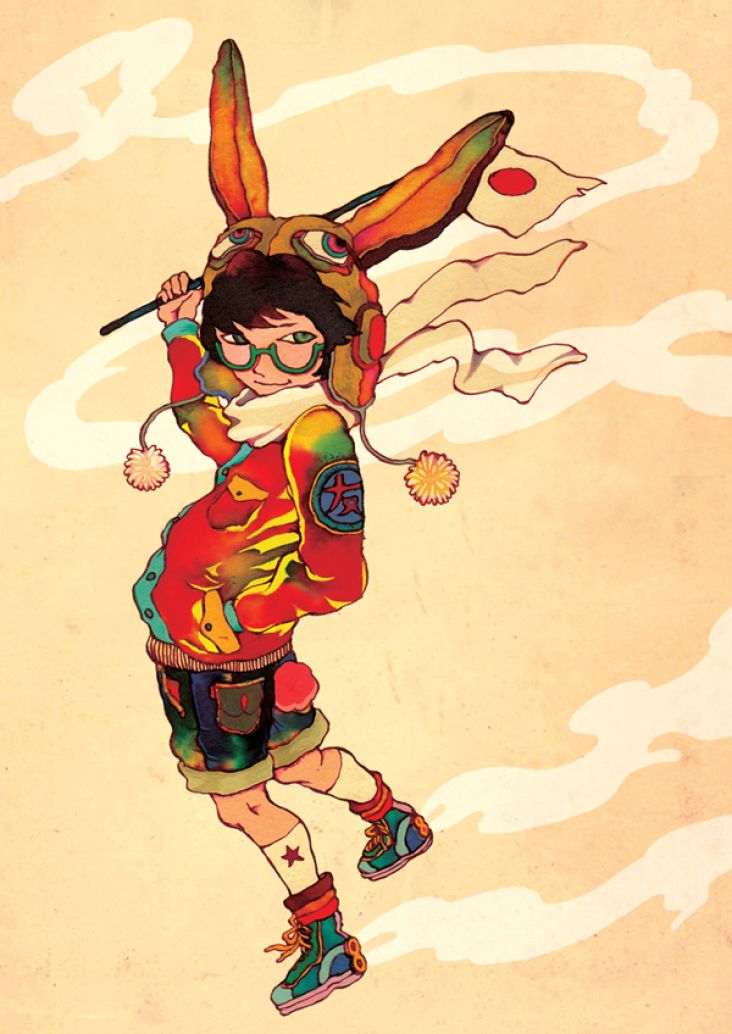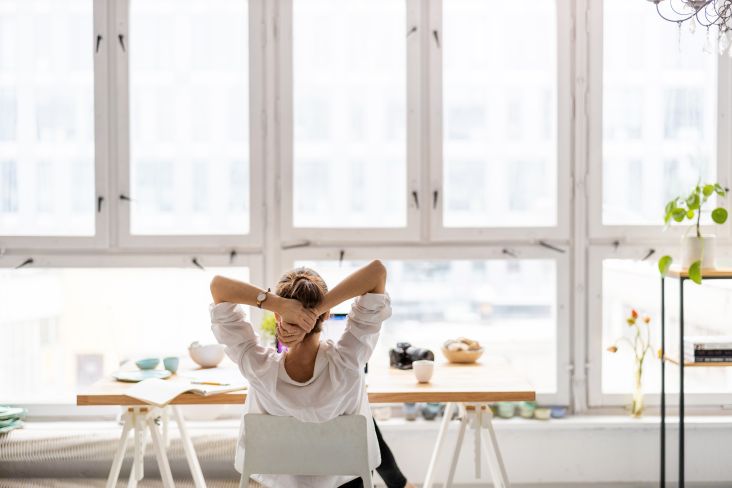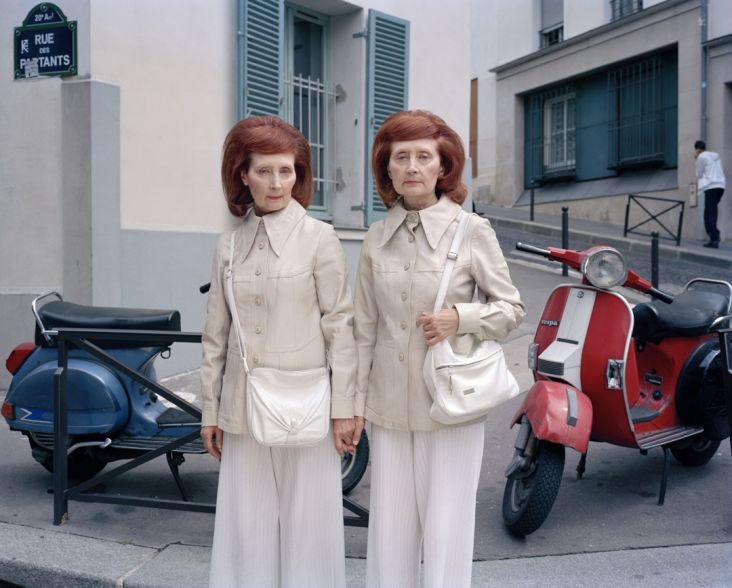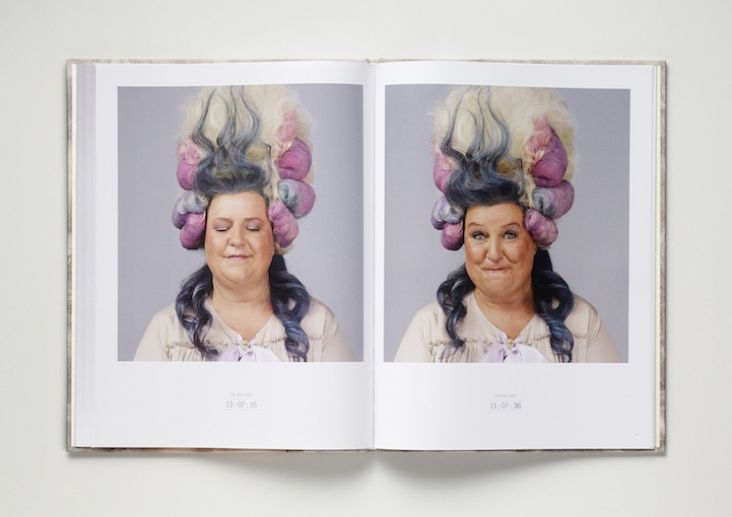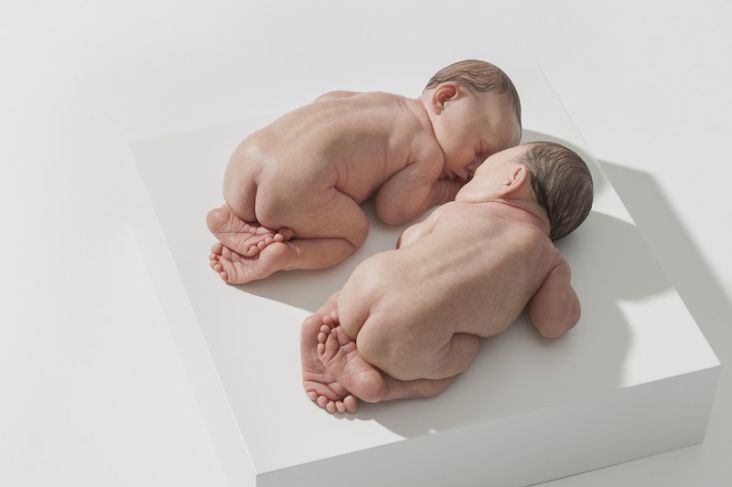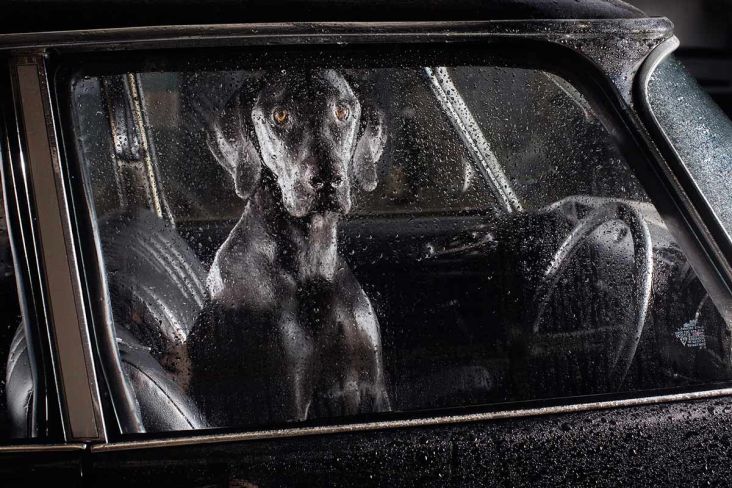A creative's guide to Birmingham: Industrial heritage, bustling creative scene and inspiring architecture
Shaking off the shackles of its industrial reputation, Birmingham – or ‘Brum’ as it’s affectionately known – has reinvented itself in recent years and is now a vibrant city with a bustling creative culture bubbling under the surface.
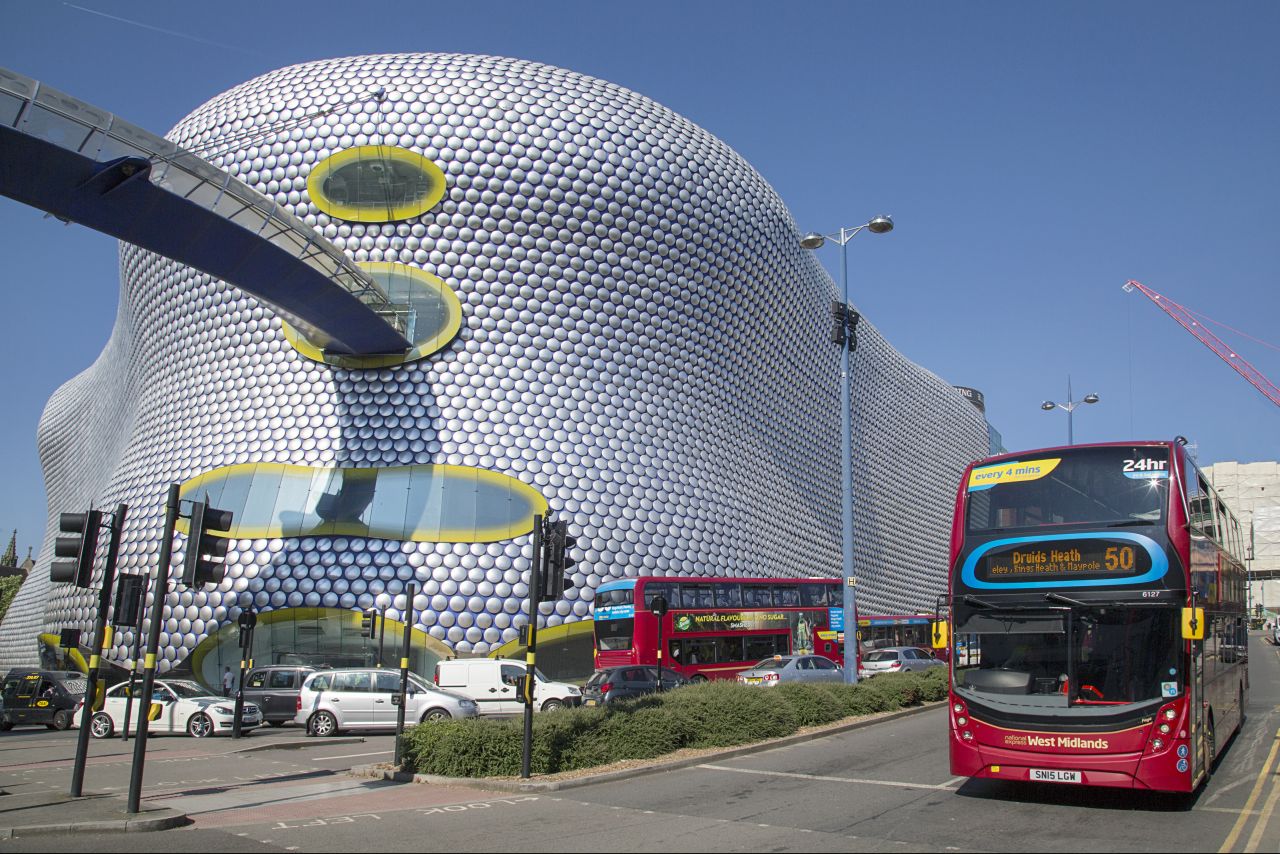
Street view of Selfridges Department Store in Park Street - part of the Bullring Shopping Centre. Image licensed via Adobe Stock / By Jackie Davies
It’s a vast, sprawling city with a city centre spliced into sections by canals, flyovers, tunnels and ‘60s architecture, which means finding your way around can often be a little on the tricky side. But this also means it is a place sparkling with hidden gems and once you find your feet there’s an exciting underbelly to discover.
One of the big hitters during the industrial revolution, Birmingham was once called the City of a Thousand Trades. Artisan jewellers are still thriving, as are various other industries, while the glistening new Bullring shopping centre and a plethora of fine dining restaurants have also turned the city centre into a mecca for fashionistas and foodies.
Birmingham is also a city built on immigration, making it a melting pot of cultures, with influences from Ireland, the Caribbean and the Indian sub-continent weaving their way into the fabric of the city and being reflected in everything from the music to the architecture to the grub.
With more than a million residents, it is a bustling metropolis and also the youngest city in Europe, with the numbers of young adults swelled by the presence of four universities in the city.
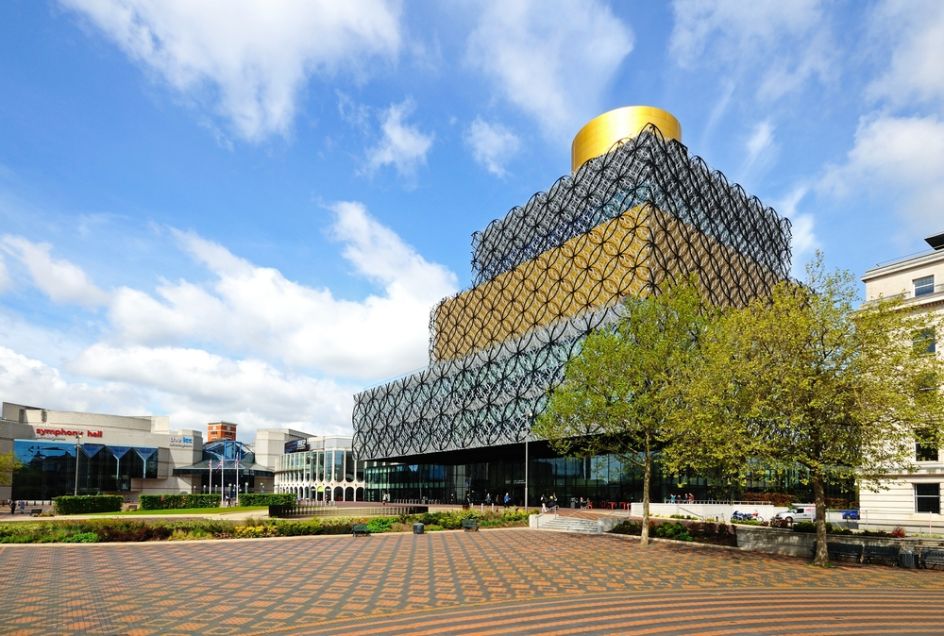
The new Library of Birmingham | Image credit: Arena Photo UK / Shutterstock.com
Despite its reputation for grey concrete and unloved brutalist architecture, the cityscape has evolved significantly in recent years, with the addition of iconic buildings such as Selfridges department store, Beetham Tower and the stunning new Library of Birmingham. Creative types tend to gather in the post-industrial streets of Digbeth, which boasts converted Victorian warehouses turned into modern workspaces, while the famous Jewellery Quarter is another creative hotspot.
What Birmingham creatives say
“As Birmingham is my home town, I've seen its reputation change over the past few years from being perceived as somewhat of a cultural wasteland to being a destination creative businesses, especially digital ones, want to migrate to. The city itself is super eclectic, even walking around the city centre you can see the great contrast between some really wonderfully experimental new buildings, and their brutalist concrete counterparts, nestled in between areas like the Chinese Quarter, and also the remnants of Birmingham's more industrial past with tons of great old warehouse spaces, some of which have been repurposed into really interesting places. Due to the size of Birmingham, a lot of creatives in the city seem to be really well connected, but more importantly, it doesn't feel segregated, meaning that there always seems to be a great opportunity to collaborate with people who work in different disciplines. However, as the second-largest city, it always feels as though there are new things to discover.”
Charlotte Audrey Owen-Meehan, freelance designer and art director
“We chose to work in Birmingham for a number of reasons – work/life balance is achievable! Work-wise, infrastructure is important: excellent universities, a surprisingly large amount of global brands in the region as well as the obvious benefits to getting around that living in the middle of the country offers. On the other side of the coin, culturally, I find the city very much just does its own thing and strays from the mainstream, something I think resonates in much of the artistic output. There is a hell of a lot going on, once you start looking. If you take the time to scratch the surface and explore the city and its suburbs you’ll be richly rewarded.”
Rob Adams, director at uCommerz
“Firstly, I’m not a Brummie, I’m originally from East Yorkshire – metaphorically a million miles from Birmingham. I chose the city on a bit of a whim eight years ago and it embraced me like one of its own. I love this city, from the decaying and forgotten nooks of Digbeth to the bustling, up-and-coming suburbs of South Birmingham. It’s a fine place to be creative whether you’re a street artist, a poet, musician or designer, and opportunities WILL present themselves if you put yourself out there. There’s a real sense of community amongst creatives here and it’s gloriously incestuous at times. What I like most about the city is the sheer amount of self-initiated work it produces. People care about their community and they use their passion and skills to improve it through music, art, design, theatre, dance, and the rest. People want to collaborate and they want to make stuff. No one asked you to, Birmingham, but you did it anyway.”
Adam Williams, freelance graphic designer
“To us, Birmingham feels like an untapped gold mine for creativity – whether it be a thriving music scene or other sectors in the arts, Brum really does have a lot to offer for creative types. Not only this, but it's cheap to live here and its central location makes it relatively cost-effective to visit other places in the UK.”
Matt Beck, DJ and music promoter at This Is Tmrw
“I moved to Birmingham from rural Cheshire and was so taken with everything that it had to offer that, five years on, I still haven’t managed to move back. A multicultural melting pot for music and the arts, both the city centre and its suburbs host a wealth of cultural events every day of the week handcrafted by some truly wonderful independent promoters. Birmingham has found musical success over the past couple of years with the emergence of a handful of nationally championed bands which currently marks the tip of the iceberg really – the creativity that this success has inspired across the musical spectrum is overwhelming. Birmingham is a city that has embraced its surrounding communities – Digbeth, Moseley and Kings Heath all play a major part in housing its overflowing creativity and with the creation of the new library and accompanying film and literary events, now more than ever there is something for everyone.”
Amy Sumner, new music editor at Brum Notes Magazine
Where to study in Birmingham
Birmingham is well served for higher education with four universities, the prestigious University of Birmingham, leafy redbrick campus in the suburbs, plus Aston University, Birmingham City University and Newman University College.
Aston University is home to Birmingham Science Park and plays an active part in supporting the city’s tech industry, while Birmingham City University (BCU) is a hub of creativity with a strong focus on media and arts, and now boasts a state-of-the-art new home for its School of Media and Institute of Art and Design on the edge of the city centre and Digbeth, complete with professional standard production, filming and broadcasting facilities.
The BCU-run School of Art in Margaret Street is housed in a stunningly restored Grade I-listed Victorian Gothic building in the heart of the city centre, within spitting distance of Birmingham's major art galleries.
Birmingham’s startup scene
Startups, design agencies and tech companies are thriving in the Second City and it has begun to develop a collaborative scene in recent years. Aston University supports entrepreneurs through a range of programmes and also provides incubation space for tech-related companies looking to get a foothold in their industry.
](https://www.creativeboom.com/upload/articles/5f/5fad4d5e85ef74b5f0975c0f033ef618293d0171_944.jpg)
A market stall at Birmingham's Bullring Market. Image Credit: astudio/Shutterstock
Game developers are also in good company, with award-winners Rare being based in the city and providing inspiration to the next generation with a popular internship programme. VooFoo Studios relocated to Birmingham Science Park in 2012, pushing the number of gaming developers clustered on the park’s flagship building Faraday Wharf into double figures, while the region is said to employ more than a fifth of the UK’s gaming industry workforce. Birmingham City University also offers Gamer Camps and masters degrees for game developers, encouraging the next generation of talent.
While Oxygen Accelerator’s relocation to London last year may have suggested that Birmingham still struggles to offer the same attraction as the capital for new startups, there is still an array of talent-heavy companies making Brum their base. Its central location and easy access to London (around 1hr 20mins on the train) is, of course, part of the attraction.
For those who are based here, Silicon Canal is a community group inspired by Silicon Valley, offering a platform to showcase Birmingham startups and organising those all-important meetup beers every month.
Former finalist on The Apprentice, Nick Holzherr, now leads a team of more than 15 based in Birmingham with his co-founder Craig Edmunds, working on recipe-based grocery list app Whisk, while mobile money app Droplet is another Brummie company making strides in the digital world. Hobby-based social network Hobzy, music game makers Soshi Games, social media monitoring tool Crowd Control HQ and play-based revision platform Zammer are just a handful of the other startups that call the Second City home.
Digital Birmingham is a partnership organisation made up of public, private and voluntary organisations working towards accelerating economic growth in the city through digital innovation, in line with the council’s Big City Plan. It heads up a range of events including an annual Digital Conference as well as the Launch Future Gaming & Digital Conference, plus smaller-scale networking and hacker events.
](https://www.creativeboom.com/upload/articles/c8/c888a205f6ec01d7c06d3446fb3350028e1239f9_944.jpg)
In the background is Birmingham's now-closed brutalist Central Library Image Credit: Shutterstock
Where to network in Birmingham
Creative Networks is a monthly networking event for creatives across the West Midlands, hosted by BCU’s Faculty of Technology, Engineering and the Environment. It leans towards those working in sound and screen, attracting around 100 people on the last Thursday of each month at the Millennium Point campus. Birmingham Music Network and Birmingham Screen Image Network also organise their own get-togethers just before the main Creative Networks meet-up starts. The Moseley Exchange also hosts seminars and networking events run by a range of partners, including Free Lunch Fridays where members and guests get to find out more about a specific industry.
Silicon Canal gets some of the city’s most exciting startups together over beers each month in the Jewellery Quarter, while @brumbloggermeet arranges occasional meetups for bloggers, mainly with a fashion slant. National web dev socialites Summit Awesome also organise occasional gatherings in Brum, including ‘hackathons’ and boozy lunches.
Where to work in Birmingham
Digbeth is a hive of activity when it comes to creative workplaces, with plenty of inspiring offices, galleries, studios and converted warehouse spaces nestled in its backstreets. The Custard Factory has long been seen as the flagship beacon of creativity. The former Bird’s factory is now home to shops, cafes, studios and offices housing all sorts of creative businesses.
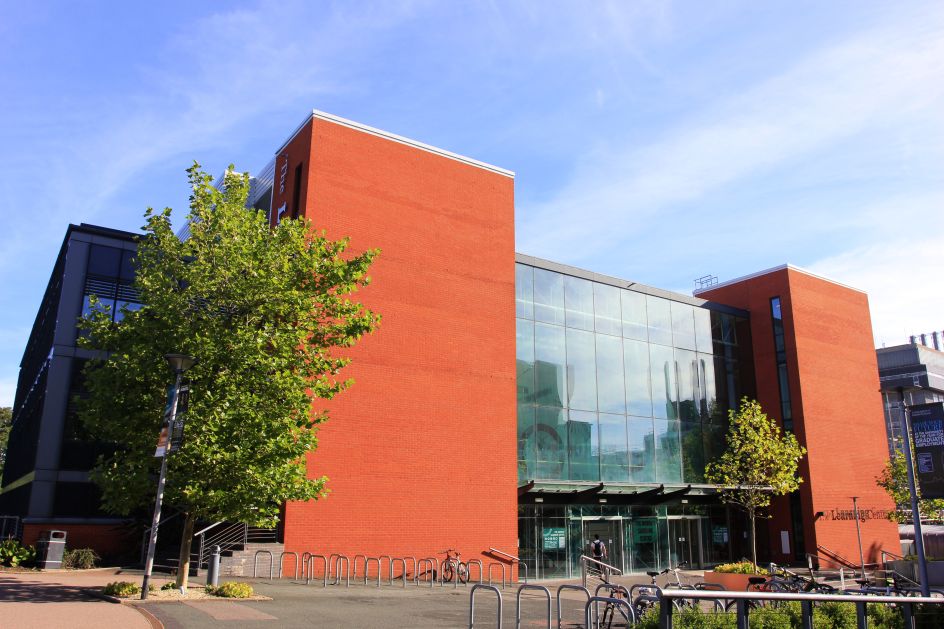
The University of Birmingham. Image licensed via Adobe Stock
](https://www.creativeboom.com/upload/articles/c4/c46a01a4b7bf6d3028a17beeb981efbae6abfd97_944.jpg)
Narrowboats on Birmingham's canals. Image Credit: Tupungato/Shutterstock
The ultra-modern Rhubarb Studios now occupies a space opposite, with the living wall showcasing the building’s green credentials. Over the other side of The Custard Factory, Boxxed is a new co-working space and business incubator, offering hot-desking or permanent desks in a stylish converted warehouse and former nightclub.
Fazeley Studios offers a workspace for all sizes of digital and creative businesses in a stunning 19th century former chapel. Over the road, The Bond is a long-established community workspace for new and small businesses, providing offices and event space in a converted canalside Victorian mill.
The Jewellery Quarter is another popular area to work, with the leafy St Pauls Square surrounded by bars and cafes, and surrounding streets lined with historic jewellery making studios occupied by established and emerging designer-makers. High rise office block The Big Peg specialises in offering space and support for creatives and entrepreneurs, while community housing association Midland Heart also offers unique live/work apartments and workshops in the Grade II-listed Spectacle Works.
](https://www.creativeboom.com/upload/articles/9e/9ecb139eb1d6bef80f12067ae57f52af62a67c57_944.jpg)
A view of the industrial back streets of Digbeth. Image Credit: Shutterstock
Hot desking is available in the bohemian suburb of Moseley, three miles out of the city centre, with the charity-run Moseley Exchange providing a range of subscription-based coworking packages at affordable rates.
Aston University’s Faraday Wharf also offers office and meet-up space for small and medium-sized businesses working in the digital and tech spheres.
Where to hangout in Birmingham
It’s fair to say that Birmingham has embraced café culture as much as anywhere in recent years with a plethora of independent coffee shops popping up offering inspiring surroundings to meet, work or relax. Urban Coffee Company hosts work-related meetups, social events and live music, as well as offering artisan coffee and craft beer at its two locations, one just off Colmore Row in the city’s business district and the second in the Jewellery Quarter. Other relatively recent additions to the trendy café scene include the sumptuously stocked Yorks Bakery Café, while Six Eight Kafé is on an on-going mission to offer the best coffee in Birmingham.
For alcoholic tipples, the recently refurbished Church Inn on the fringe of the Jewellery Quarter offers craft beers and bespoke cocktails, alongside a fantastic menu of soul food inspired by the Deep South, while The Lord Clidfen down the road is one of Birmingham’s best-kept secrets with its incredible urban beer garden. Back in the city centre, Cherry Reds in John Bright Street is a cosy café bar offering a seemingly endless selection of craft ales, with Brewdog and The Victoria both on the same street also catering for discerning drinkers. Back down in Digbeth, The Old Crown is one of the oldest boozers in Brum dating back to the 14th century but caters for the trendy set too with a morning coffee shop and a stylish outdoor terrace. Heading south to Brum's bohemian 'burbs, the Hare & Hounds in Kings Heath is very much a magnet for creativity and late-night antics, hosting everything from the hottest bands and DJs to knitting meetups and retro game nights.
](https://www.creativeboom.com/upload/articles/5b/5b9e0f5836bcf4f0601c5218b24d9fd9e90f916d_944.jpg)
Street art in Birmingham's creative Digbeth district. Image Credit: Tupungato/Shutterstock
What to do in Birmingham
Modern art gallery Ikon celebrates its 50th anniversary in 2014 and continues to offer cutting edge exhibitions from its converted schoolhouse in Oozells Square. Birmingham Museum & Art Gallery showcases permanent and temporary exhibitions of art and exhibits from through the centuries, including the recently discovered Staffordshire Hoard, a 7th-century treasure trove of Anglo-Saxon gold and artefacts.
The Electric is the oldest working cinema in the country and screens a mixture of arthouse flicks and carefully chosen blockbusters inside its luxurious art-deco surrounds, with sofa seats and waiter service available from the Parisian-style absinthe bar. Nestled in the leafy surrounds of Cannon Hill Park, opposite Edgbaston Cricket Ground, Mac Birmingham is the city's oldest multi-use arts complex, having first opened in 1962. It was given a new lease of life with a £15.2 million redevelopment before reopening in 2010 and now offers an eclectic programme of arts, film and entertainment throughout the year, including exhibitions, children's theatre, craft workshops and open-air concerts.
](https://www.creativeboom.com/upload/articles/6a/6a64bad668d63c5bf099a4825c604edad9a4698c_944.jpg)
Shoppers in Birmingham city centre. Image Credit: Jenny Solomon/Shutterstock
Broad Street may be best known for stag do pub crawls but it’s also home to world-class musicians performing at the Symphony Hall and City of Birmingham Symphony Orchestra Centre. The nearby Town Hall also offers a rich variety of live entertainment in a historic setting. A broad range of music lovers is well catered for across the city with rock, punk and other loud antics at basement venue The Flapper, smooth jazz and funk at The Yardbird, cutting edge bands and DJs at hipster Kings Heath hangout the Hare & Hounds, vibrant club nights at The Rainbow in Digbeth and major names taking to the stages of The Institute and the O2 Academy.
The Glee Club is a multi-award winning comedy club, while the Birmingham Hippodrome offers stage shows from mainstream pantos to international ballet. Recently reopened theatre The Rep has been bringing exciting drama to Birmingham for more than 100 years and it is now adjoined to the new cultural icon that is the Library of Birmingham, Europe’s largest public library, offering live music and entertainment as well as a vast collection of books, films and publications to explore, including a breath-taking archive of Shakespeare works.
](https://www.creativeboom.com/upload/articles/16/16b4b78704ca92d4af99953e50fe6119e1849b8e_944.jpg)
Birmingham Town Hall lit up at night. Image Credit: Shutterstock




 by Tüpokompanii](https://www.creativeboom.com/upload/articles/58/58684538770fb5b428dc1882f7a732f153500153_732.jpg)


 using <a href="https://www.ohnotype.co/fonts/obviously" target="_blank">Obviously</a> by Oh No Type Co., Art Director, Brand & Creative—Spotify](https://www.creativeboom.com/upload/articles/6e/6ed31eddc26fa563f213fc76d6993dab9231ffe4_732.jpg)








